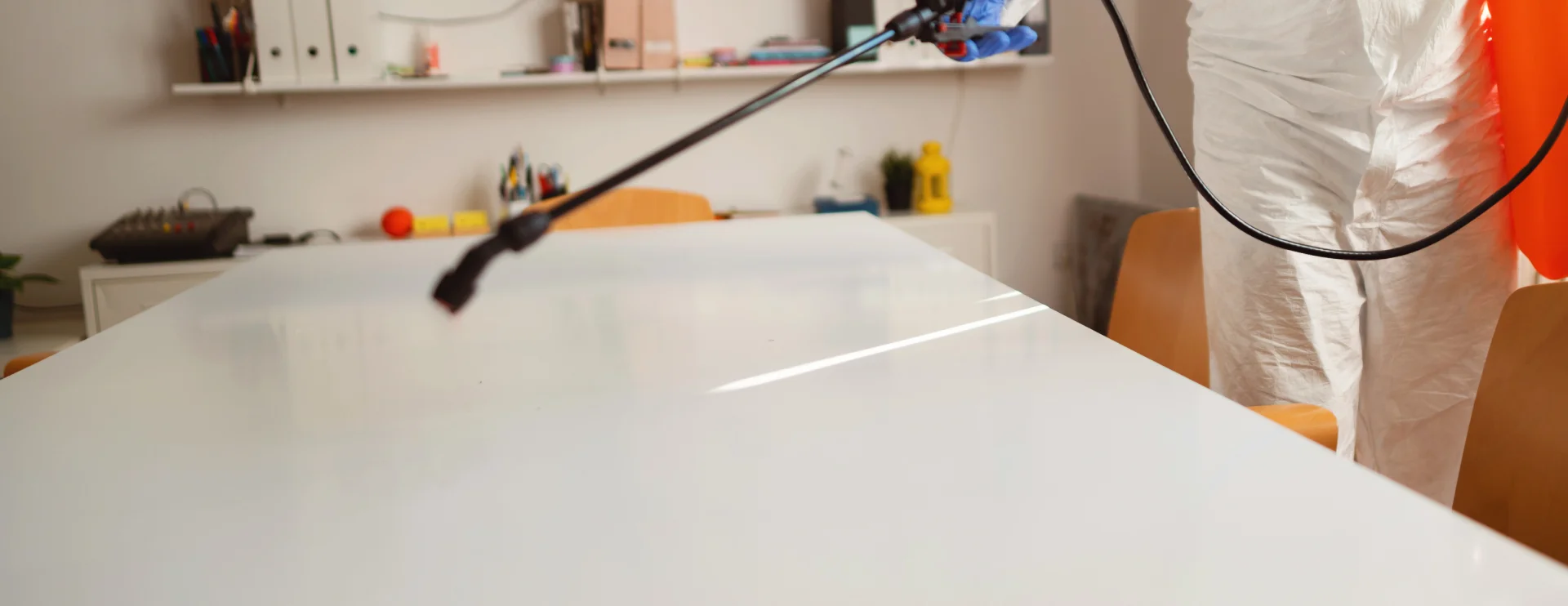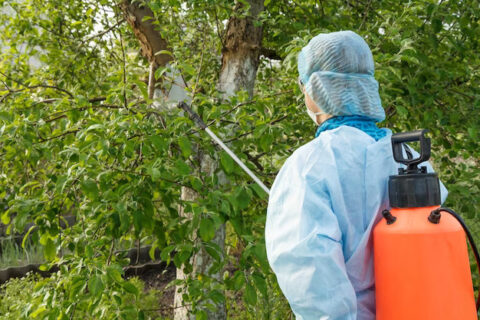Cockroaches are notoriously difficult to kill and control due to a combination of their biology, behavior, and adaptability. Here’s a deeper look at why these pests are so resilient and what solutions exist to combat them:
Why Cockroaches Are Hard to Kill
- Resilience to Pesticides: Over time, cockroaches have developed resistance to many of the common chemicals used in household pesticides. This makes it more difficult to effectively kill them with over-the-counter products, as they can survive repeated treatments. Their fast reproductive cycle also means that any resistant individuals pass on their genes to new generations, compounding the problem.
- Rapid Reproduction: Cockroaches reproduce quickly. A single female can lay dozens of eggs in her lifetime, and each egg case (called an ootheca) contains multiple embryos. In a short period, a small cockroach population can explode into a full-blown infestation, overwhelming DIY control measures.
- Nocturnal and Secretive: Cockroaches are primarily nocturnal, meaning they’re active when humans are least likely to spot them. During the day, they hide in cracks, behind appliances, and within walls, making it difficult to locate their nests or the full extent of the infestation. Because you often don’t see them until the infestation is severe, they’ve had ample time to multiply and spread throughout the home.
- Varied Diet: Cockroaches are omnivorous and can survive on almost anything, including soap, glue, decaying matter, and even the grease in kitchen drains. Their ability to live off minimal or unconventional food sources makes it difficult to eliminate their access to nourishment entirely.
- Durability: Cockroaches can survive extreme conditions that would kill many other pests. They can live for a month without food, a week without water, and can even go without their head for up to a week. This toughness allows them to persist in challenging environments and resist many extermination methods.
Solutions for Effective Cockroach Control
- Integrated Pest Management (IPM): This is a comprehensive approach that focuses on long-term prevention and control rather than relying solely on pesticides. IPM combines sanitation, exclusion, monitoring, and targeted chemical treatments. Steps include sealing entry points, removing food and water sources, using traps to monitor cockroach activity, and applying safe, effective pesticides when necessary.
- Professional Pest Control Services: Given cockroaches’ resilience, professional exterminators often offer the most reliable solution. Pest control professionals have access to more potent chemicals and tools, such as specialized baits, residual sprays, and dusts, which can target cockroach populations more effectively. Heat treatment is another method professionals may use, raising the temperature of the affected area to lethal levels for cockroaches and their eggs.
- Baiting Systems: Bait traps, often used by professionals, are highly effective for controlling cockroaches. Cockroaches eat the bait, which contains slow-acting insecticides. They then return to their nests, spreading the poison to other cockroaches through their droppings or when they die and are consumed by their nestmates. This method targets the entire population, including the ones hiding in cracks and crevices.
- Proper Sanitation: Eliminating food sources is one of the most critical steps in cockroach control. Regular cleaning of kitchens, removing garbage promptly, sealing food in airtight containers, and fixing any leaks or moisture issues are essential steps to reducing cockroach activity. While these measures alone won’t eliminate an existing infestation, they can help prevent cockroaches from thriving and re-establishing.
- Sealing Entry Points: Prevent cockroaches from entering the home by sealing cracks and gaps around windows, doors, and baseboards. Pay special attention to areas where plumbing enters the home, as cockroaches often use these as entry points. Additionally, installing door sweeps and weather stripping can help block their access.
- Natural and Non-Toxic Remedies: Some people prefer non-toxic methods for cockroach control. Diatomaceous earth, a fine powder made from fossilized algae, can be used in cracks and crevices. When cockroaches crawl over it, the powder damages their exoskeleton, eventually leading to dehydration and death. Essential oils like peppermint or tea tree oil may repel cockroaches, though they are not as effective as professional treatments.
Why Solutions Are Necessary
The persistence of cockroach infestations can lead to several health and safety risks for homeowners:
- Health Risks: Cockroaches are known carriers of bacteria, such as Salmonella and E. coli, which can contaminate surfaces and food. Their shed skins, droppings, and saliva can trigger allergies and asthma, particularly in sensitive individuals.
- Reinfestation: Even if an infestation is initially eliminated, cockroaches can easily reenter homes if preventive measures are not taken. Their ability to squeeze through tiny cracks, survive in harsh conditions, and feed on nearly anything makes it easy for them to find their way back.
In summary, cockroaches are hard to kill because they are resilient creatures that can survive under adverse conditions, resist common treatments, and reproduce rapidly. However, with a combination of professional pest control, effective cleaning, sealing, and strategic baiting, homeowners can control and prevent infestations. The key is persistence and comprehensive treatment.


